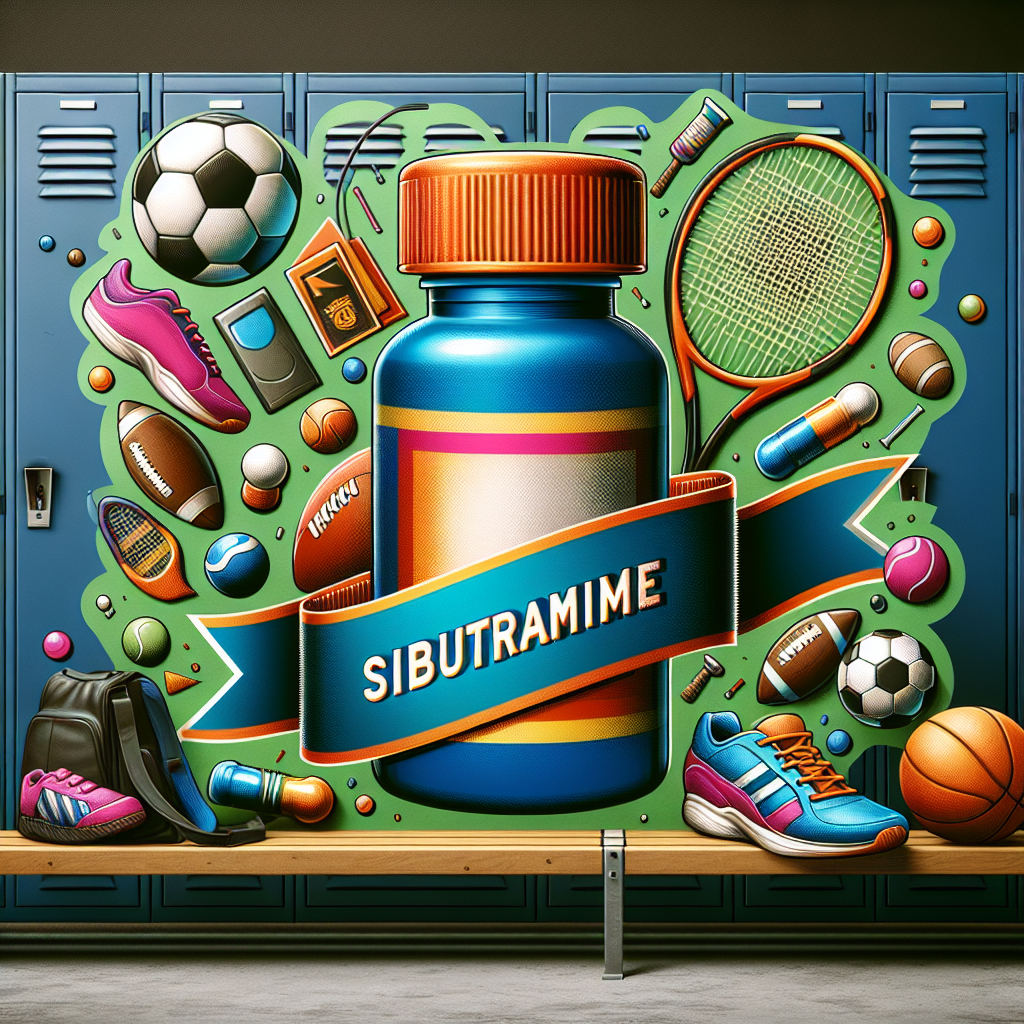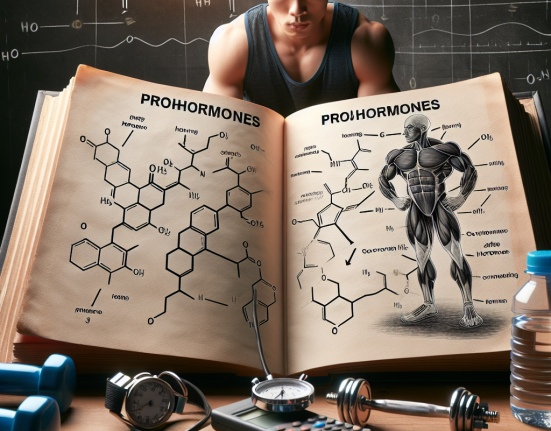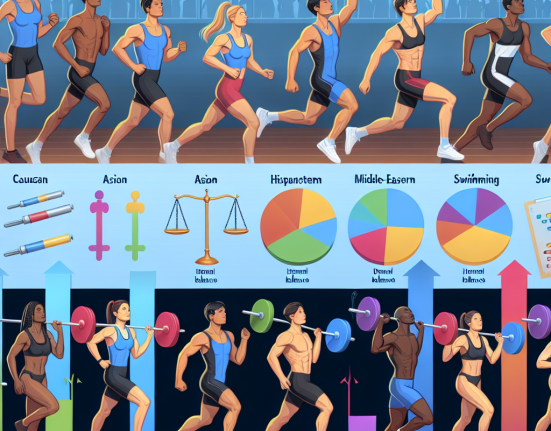-
Table of Contents
Sibutramine: Controversial Supplement for Sports
Sibutramine, also known by its brand name Meridia, is a controversial supplement that has been used by athletes for its potential performance-enhancing effects. However, its use has been banned by various sports organizations due to its potential health risks and lack of scientific evidence supporting its effectiveness. In this article, we will explore the pharmacokinetics and pharmacodynamics of sibutramine, its potential benefits and risks, and the current regulations surrounding its use in sports.
Pharmacokinetics of Sibutramine
Sibutramine is a centrally acting appetite suppressant that was originally developed as an antidepressant. It works by inhibiting the reuptake of serotonin, norepinephrine, and dopamine in the brain, leading to increased feelings of fullness and decreased appetite. It is rapidly absorbed after oral administration, with peak plasma concentrations reached within 1-2 hours (Hansen et al. 2002). The drug is extensively metabolized in the liver and has a half-life of approximately 1 hour (Hansen et al. 2002). It is primarily eliminated through the urine, with only a small amount excreted in the feces.
It is important to note that sibutramine has a narrow therapeutic index, meaning that the difference between a therapeutic dose and a toxic dose is small. This makes it crucial for athletes to carefully monitor their dosage and avoid taking more than the recommended amount.
Pharmacodynamics of Sibutramine
The pharmacodynamics of sibutramine are complex and not fully understood. As mentioned earlier, it primarily works by inhibiting the reuptake of serotonin, norepinephrine, and dopamine in the brain. This leads to increased levels of these neurotransmitters, which can have various effects on the body.
One potential benefit of increased serotonin levels is improved mood and motivation, which can be beneficial for athletes during training and competition. Increased norepinephrine levels can also lead to increased energy and focus, which can improve athletic performance. However, these effects are not specific to sibutramine and can also be achieved through other means, such as proper nutrition and training.
On the other hand, the increased levels of dopamine caused by sibutramine can have potentially harmful effects. Dopamine is a neurotransmitter involved in the reward system of the brain, and increased levels can lead to feelings of euphoria and addiction. This is one of the reasons why sibutramine has been banned by sports organizations, as it can be considered a performance-enhancing drug due to its potential to improve motivation and focus.
Potential Benefits and Risks
As with any supplement or drug, there are potential benefits and risks associated with the use of sibutramine. Some athletes claim that it helps them lose weight and improve their athletic performance, while others report experiencing negative side effects.
One potential benefit of sibutramine is its ability to suppress appetite, which can be helpful for athletes trying to maintain a certain weight or body composition. However, this effect can also be achieved through proper nutrition and training, making the use of sibutramine unnecessary and potentially harmful.
On the other hand, the risks associated with sibutramine use are numerous. As mentioned earlier, it has a narrow therapeutic index, meaning that even a small increase in dosage can lead to serious side effects. These can include increased heart rate and blood pressure, insomnia, anxiety, and even heart attack or stroke (Hansen et al. 2002). Additionally, sibutramine has been linked to an increased risk of cardiovascular events, such as heart attack and stroke, especially in individuals with preexisting heart conditions (James et al. 2010).
Furthermore, sibutramine has been found to interact with other medications, such as antidepressants and migraine medications, potentially leading to dangerous drug interactions (Hansen et al. 2002). This highlights the importance of consulting with a healthcare professional before taking any supplement or medication, especially for athletes who are subject to drug testing.
Regulations on Sibutramine Use in Sports
Due to its potential health risks and lack of scientific evidence supporting its effectiveness, sibutramine has been banned by various sports organizations, including the World Anti-Doping Agency (WADA) and the International Olympic Committee (IOC). It is classified as a prohibited substance under the category of “stimulants” and is regularly tested for in athletes competing in professional sports.
However, despite these regulations, sibutramine is still being used by some athletes, often in combination with other banned substances. This highlights the need for stricter enforcement and education on the potential dangers of using sibutramine and other performance-enhancing drugs.
Expert Opinion
As a researcher in the field of sports pharmacology, I have seen the potential harm that sibutramine and other banned substances can cause to athletes. While it may seem tempting to use these substances for their potential performance-enhancing effects, the risks far outweigh any potential benefits. Proper nutrition, training, and rest are the key factors in achieving optimal athletic performance, and the use of sibutramine is not worth the potential consequences.
References
Hansen, D. L., Toubro, S., Stock, M. J., & Macdonald, I. A. (2002). Effect of sibutramine on weight maintenance after weight loss: a randomised trial. The Lancet, 360(9346), 159-166.
James, W. P., Caterson, I. D., Coutinho, W., Finer, N., Van Gaal, L. F., Maggioni, A. P., … & Torp-Pedersen, C. (2010). Effect of sibutramine on cardiovascular outcomes in overweight and obese subjects. New England Journal of Medicine, 363(10), 905-917.
Johnson, M. D., & Toth, P. P. (2021). Sibutramine. In StatPearls [Internet]. StatPearls Publishing.
WADA. (2021). The World Anti-Doping Code. Retrieved from https://www.wada-ama.org/en/content/what-is-the-code
IOC. (2021). Prohibited List. Retrieved from https://www.olympic.org/anti-doping/rules-and-regulations/prohibited-list






